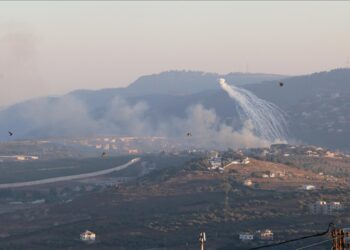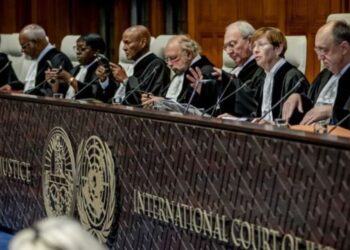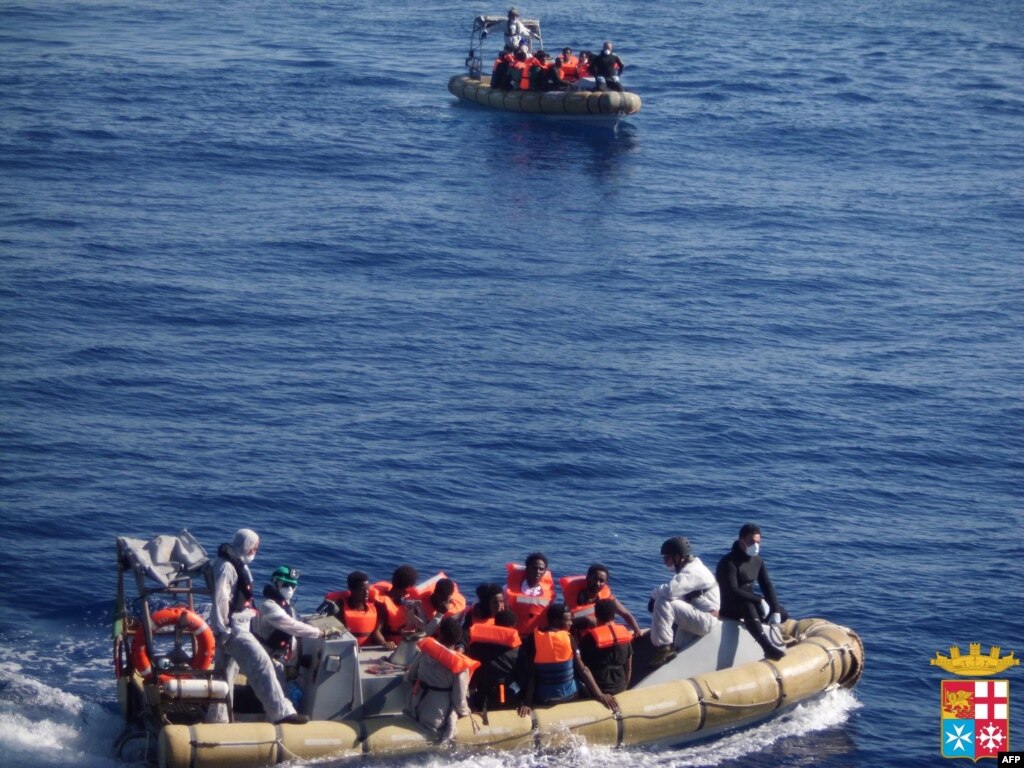Human Lives Human Rights: In September 1965, the People’s Mojahedin Organization of Iran (PMOI/MEK), chanted slogans against US imperialism and its regional allies in the Middle East, that is the government of Israel and the Iranian monarchy at that time – the Pahlavi regime and Mohammad Reza Shah. It was founded by a group of educated young intellectuals and left-wing Iranian Muslims.
From the very beginning, the members of this organization wanted a war with the Pahlavi regime. Therefore, in order to achieve their goal, they needed to receive the necessary guerrilla training and arm supplies to carry out urban warfare with the security forces of the Pahlavi regime. Hence, they began to establish contacts with Palestinian militant groups, such as the Fatah Movement, because they had a lot in common with these groups, both ideologically and politically.
More importantly, given the Palestinian factions’ extensive operational experience in fighting Israeli security forces and their extensive capabilities, including warfare training camps, various weapons, the Mojahedin Khalq Organization was very keen for its members to be trained in these camps by experienced Fatah forces. Finally, after several rounds of negotiations between the Mojahedin and Fatah representatives, the practical training of the Mojahedin forces began in the winter of 1970 in the Fatah Group training camps in Syria, Jordan and Lebanon.
In January 1970, MEK forces, accompanied by Fatah, marched on guerrilla bases in Syria. The base where these men were to be sent was the one where, in August 1970, several members, including Meshkinfam, had been trained. The base, later known as Meshkin Fam’s nickname Hassan Salameh, was located near the Jordanian capital Amman. This small base was established by Fatah to train guerrillas in other countries. The commander of this base was a 40-year-old man named Ahmed Algeria, who after taking part in the battle of Dien Bien Phu, joined the millions of Moroccans and after the end of the war in that country, he went to his homeland, Algeria, and participated in the Algerian revolution. He later served as retired officer in that country, where he later joined the Palestinian Revolution.
After the September 1970 war known as Black September and the transfer of Palestinians from Jordan, the base collapsed. Since then, the Tartus base in Syria and the Al-Zanad base in northern Lebanon have become training centers for members of the organization.
Training courses in Al-Fatah camps lasted for 3 months, during which, in addition to daily running and exercise programs, theoretical and practical training was also included with individual combat, familiarity and shooting with various eastern and western weapons, familiarity with fabric explosives, and hand-made and operational exercises. Some people spent longer time and received specialized training.
Among the forces of the PMOI, who were trained by Fatah trainers, were Ali-Asghar Badizadegan, Mohsen Nejat Hosseini and Ali Bakeri. They were able to produce the first set of materials related to explosive chemistry and the preparation of these materials in the field of fabric and hand-made explosives (after practical experiments) in the Palestinian camps. Also among the most prominent forces of the PMOI that were trained by Fatah trainers are Massoud Rajavi, Reza Rezaei, Mahmoud Shamkhi and Mousa Khiabani.
But in recent years, the current leaders of the Mojahedin Khalq Organization (MKO) have ignored the Palestinian aid and have openly entered into the cooperation with the Israeli government, becoming the most important non-governmental ally for Tel Aviv. For example, in July 2019, a French diplomat living in Israel announced the visit of the current leader of the Mojahedin Khalq Organization, Maryam Rajavi, to Israel and her meeting with then-Israeli Prime Minister Benjamin Netanyahu and the head of the Mossad intelligence service.
Kushar revealed at the time that the trip was mediated by then-US President Donald Trump’s lawyer Rudy Giuliani and Israeli Ambassador to Albania Boaz Rodkin, which reflects the cooperation of the Mojahedin Khalq Organization with the Israeli intelligence service.
In this regard, Yatom, the former head of Mossad, writes: Israel trains and aids this group. He added: The MEK is apparently linked to Saudi Arabia and can be used bilaterally by the Jewish people and Riyadh.
It is important to note that in the late 1960s and early 1970s, when the MEK was heavily strategically isolated inside Iran, it was Palestinian militant groups such as Fatah that provided all kinds of operational and logistical training facilities. They helped and transformed the group from a beginner and amateur group into an experienced, professional armed militia. But in spite of all the aid that the Fatah group provided to the MEK at the time, the organization entered into a wide-ranging exchange and cooperation with Israel and the Mossad intelligence service in a blatant change of direction, with apparent betrayal of its former supporters.

















